My father loved books. He had a private library full of books and was always adding to it. He often took me to bookstores, created a reading habit in me, and even taught me how to wrap and read books.
During vacations or holidays, he liked to take his family to visit historical and cultural sites in Hanoi or other provinces. When I was 11 years old, he took me to visit Co Loa. My impression and awareness of the value of this ancient citadel still remains today. On Tet holiday, he took the whole family on a bike ride to visit the Temple of Literature, explaining to me about the stone steles there. He took me to Hai Ba Pagoda, Dau Pagoda, Truong Yen - Hoa Lu capital, Pac Bo... Love for the country and history was instilled through such trips.
Family stories told by Associate Professor, Dr. Nguyen Van Huy at Nguyen Van Huyen Museum
PHOTO: GĐCC
Family of Professor Nguyen Van Huyen
PHOTO: GĐCC
My father wanted me to have a view of the world through very subtle educational methods. He encouraged me to play with stamps. He received many letters from both domestic and international sources. Even though he was busy with work, he still cut the corners of the stamps or sometimes brought me a stack of empty envelopes to soak in water and clean the glue behind the stamps. He guided me and then I tried to classify the stamps and stamp sets myself.
Stamp classification is really interesting. I learned so many stories about geography, history, culture, and nature from those stamps. My father understood the value of stamp collecting so he passed on this passion to me. To this day, every time I hold my old stamp book, I still feel moved. Stamp collecting really gave me the first lessons about classification methods and the value of classification. Those lessons help me to this day when I do museum exhibitions, which always involve the issue of classification and ranking of information, documents, and artifacts.
The trips with my mother and father during my childhood instilled in me a love of science, a love of practice, the joy of fieldwork, and even a simple initial understanding of scientific methods.
My mother allowed me to visit her laboratory in the Department of Parasitology at the University of Medicine many times. The laboratory was under the direct leadership of Professor Dang Van Ngu, and my mother was his right-hand man. The laboratory was always quiet, everyone worked quietly, walked around, and talked softly. The big impression on me was that the laboratory was extremely clean and tidy.
Mr. Nguyen Van Huyen and his wife - Mrs. Vi Kim Ngoc
PHOTO: GĐCC
Mrs. Vi Kim Ngoc
PHOTO: GĐCC
Since I was a child, I have seen my mother diligently looking at the microscope to draw mosquitoes and worms. She was not afraid of getting dirty because to detect parasites, one had to analyze human feces. She explained to students how to identify parasites, malaria-causing mosquitoes, filarial worms, and tapeworms from drawings or from the microscope. Recently, hundreds of my mother's drawings from that time have been collected and archived by the Center for Heritage of Scientists.
She also often talked about her field trips to investigate mosquitoes in the suburbs of Hanoi, Lang Son, Bach Long Vi island... There, she let mosquitoes bite her to catch them for specimens. She said she went to the remote monkey island in Ha Long to catch mosquitoes. In particular, she once let me go with her to Dai Tu commune (Hanoi) to see how the mosquito investigation team worked. Cycling to Dai Tu at that time was already a long way away. She did not hesitate to stay overnight with the farmers; looking for mosquitoes in nooks and crannies, water tanks, stagnant ponds, buffalo pens, pig pens... The results of those trips to investigate mosquitoes and malaria mosquitoes were later published in books that she co-authored with vivid illustrations.
The trips with my mother and father during my childhood instilled in me a love of science, a love of practice, the joy of fieldwork, and even a simple initial understanding of scientific methods.
Respect your children's choices
I understood that my parents' educational method from the beginning was to respect their children's choices. They never interfered or forced their children to do as they wished, from choosing a major to choosing a future job. The entrance exam to the History Department of the University in 1963 was entirely my choice.
I chose it because of my academic ability and interests and also because of the influence of my parents' lives when there was a specialized library in the house. My parents supported me.
Three families of Mr. Nguyen Van Huyen, Mr. Ton That Tung, and Mr. Ho Dac Di in Phu Tho in 1948
PHOTO: GĐCC
Minister Nguyen Van Huyen when learning about education in the Soviet Union
PHOTO: GĐCC
When I was in my fourth year, starting to study my major, I asked my father whether I should study ancient history, modern history, archaeology or ethnology. He told me that every major had many important and interesting issues. But I had to be passionate about it. The problem was how to love science, improve myself, and try to think deeply. "Which major to choose depends on you and your teachers. You should ask your teachers for more opinions," he said. And so I decided to study ethnology. I also know that every time I had the chance to meet the head of the department, Bui Van Hach, and teachers Tran Quoc Vuong, Vuong Hoang Tuyen, and Phan Huu Dat, my father asked about my progress.
I don't see any problem in overcoming my father's "shadow". Perhaps my father's "shadow" is the key that helps me do everything well and not do anything wrong that affects his reputation. That warm "shadow" has helped me maintain/uplift myself in the past, present and future. That is the value of family.
* Associate Professor, Dr. Nguyen Van Huy is a famous ethnologist and museologist. He is the son of Minister of Education Nguyen Van Huyen (1905 - 1975) - a famous scholar before 1945; historian, ethnologist, educator, and researcher of Vietnamese culture.


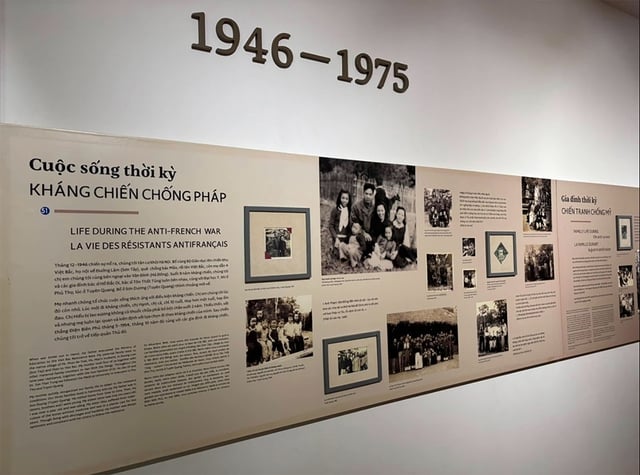
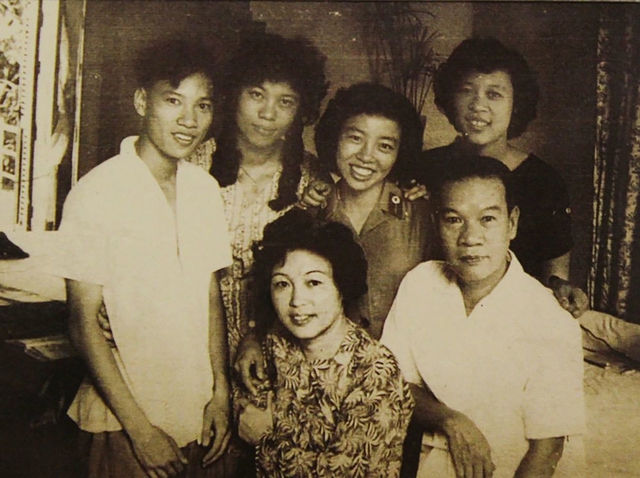
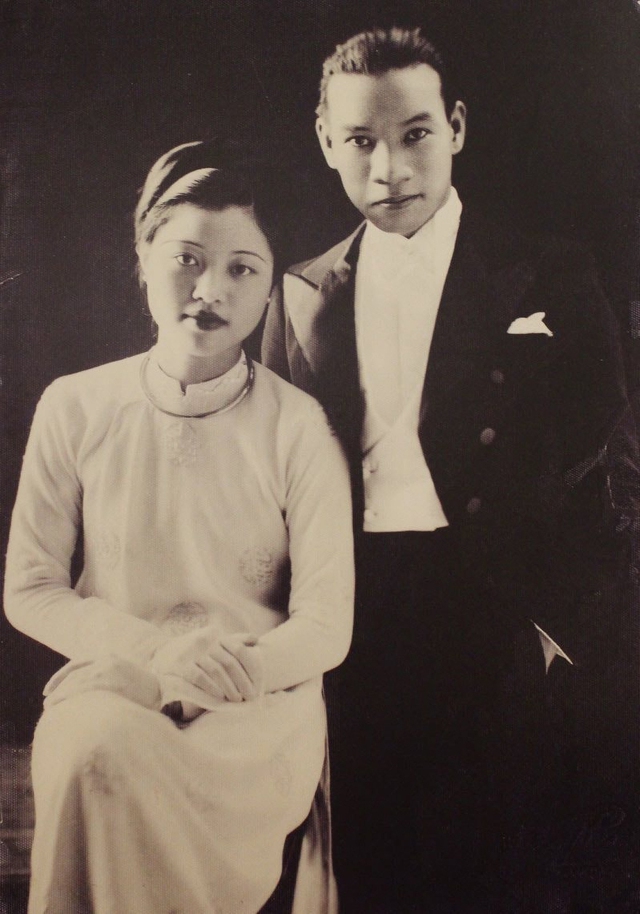
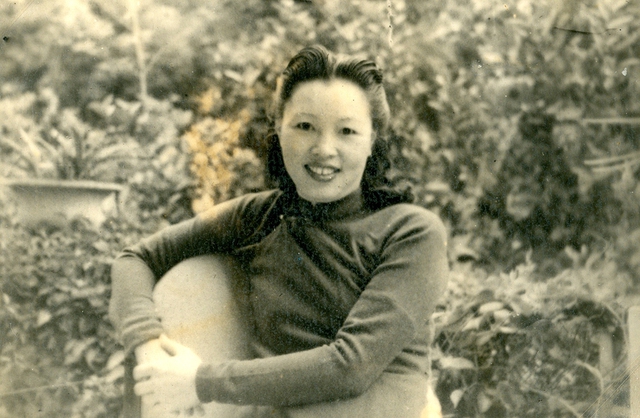
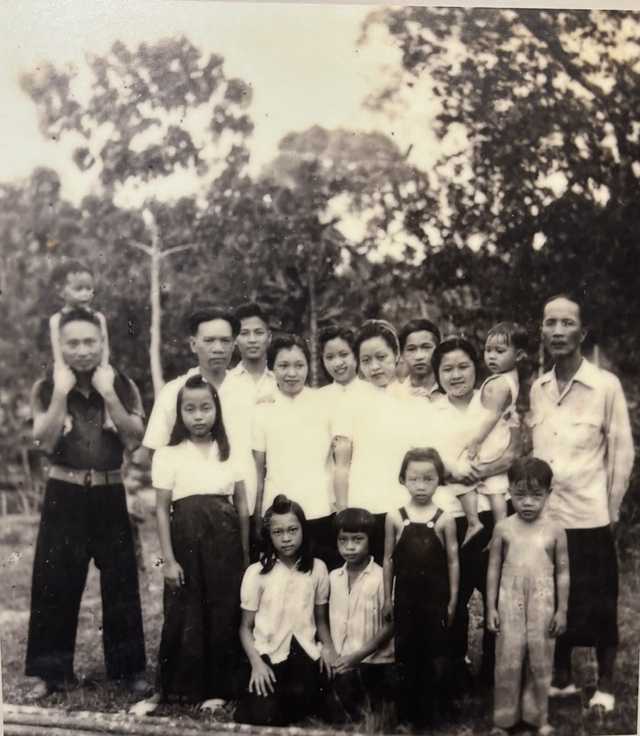
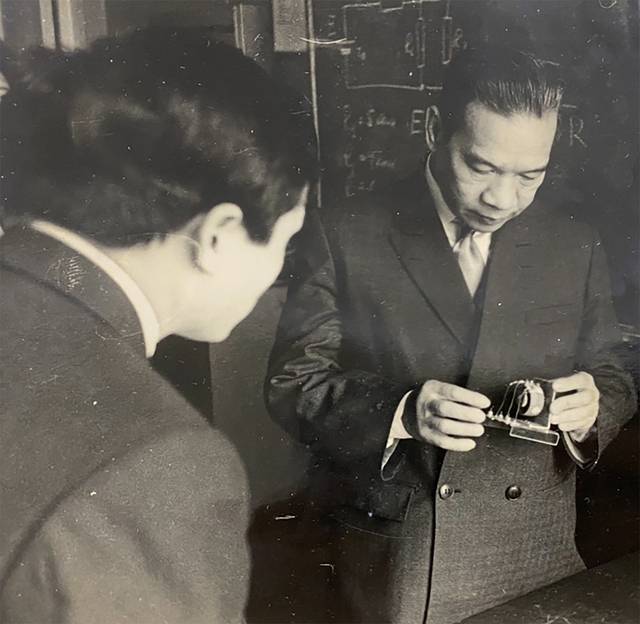
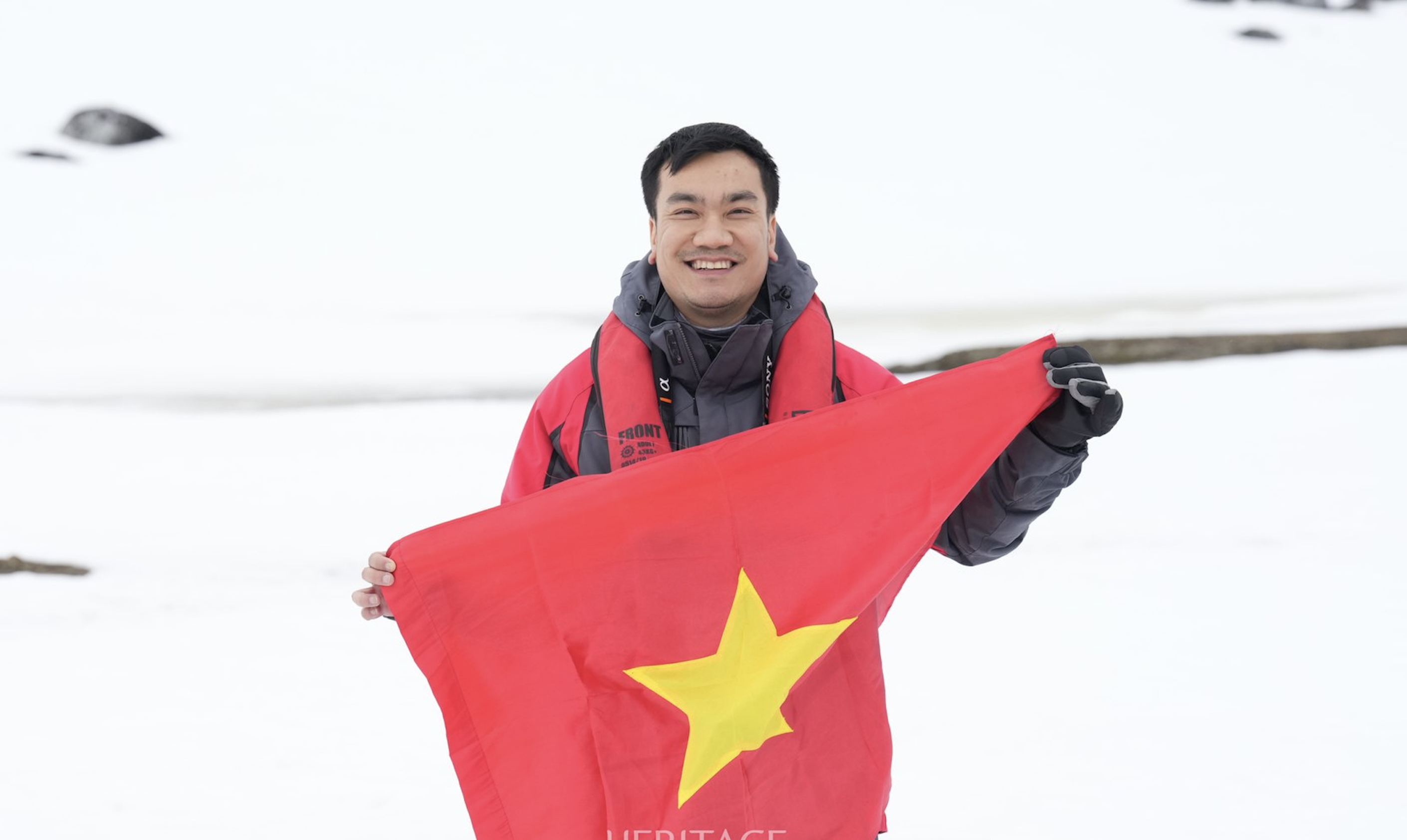


![[Photo] Closing of the 11th Conference of the 13th Central Committee of the Communist Party of Vietnam](https://vstatic.vietnam.vn/vietnam/resource/IMAGE/2025/4/12/114b57fe6e9b4814a5ddfacf6dfe5b7f)

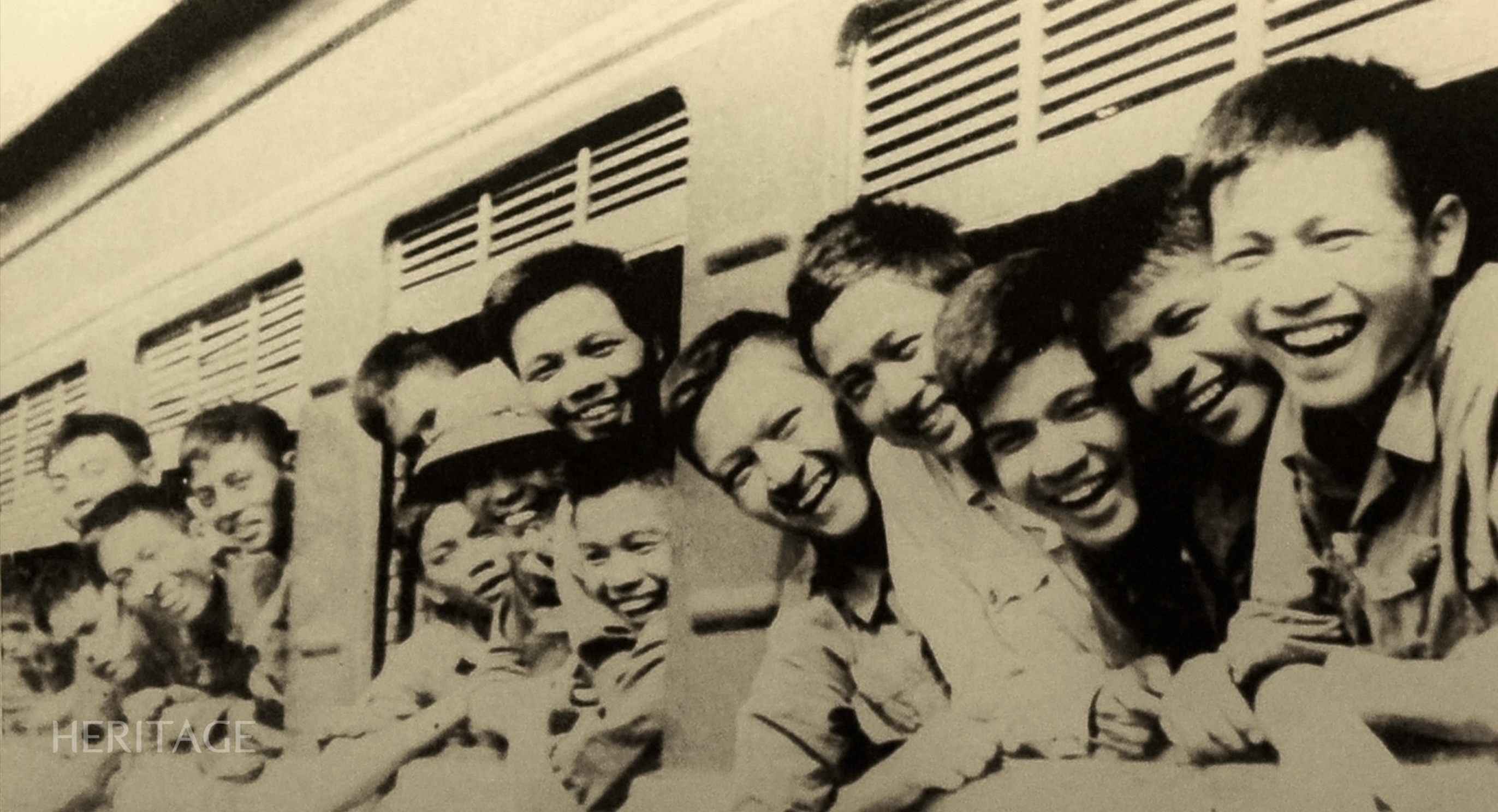
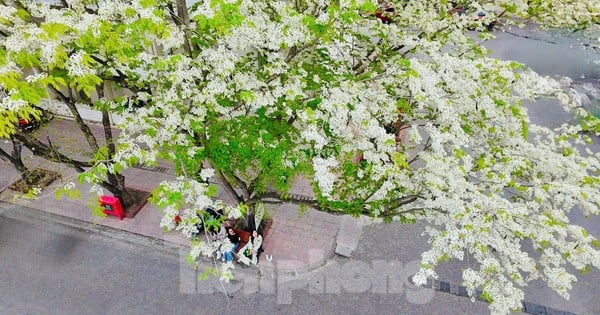

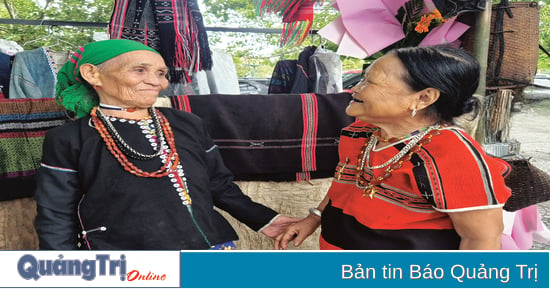

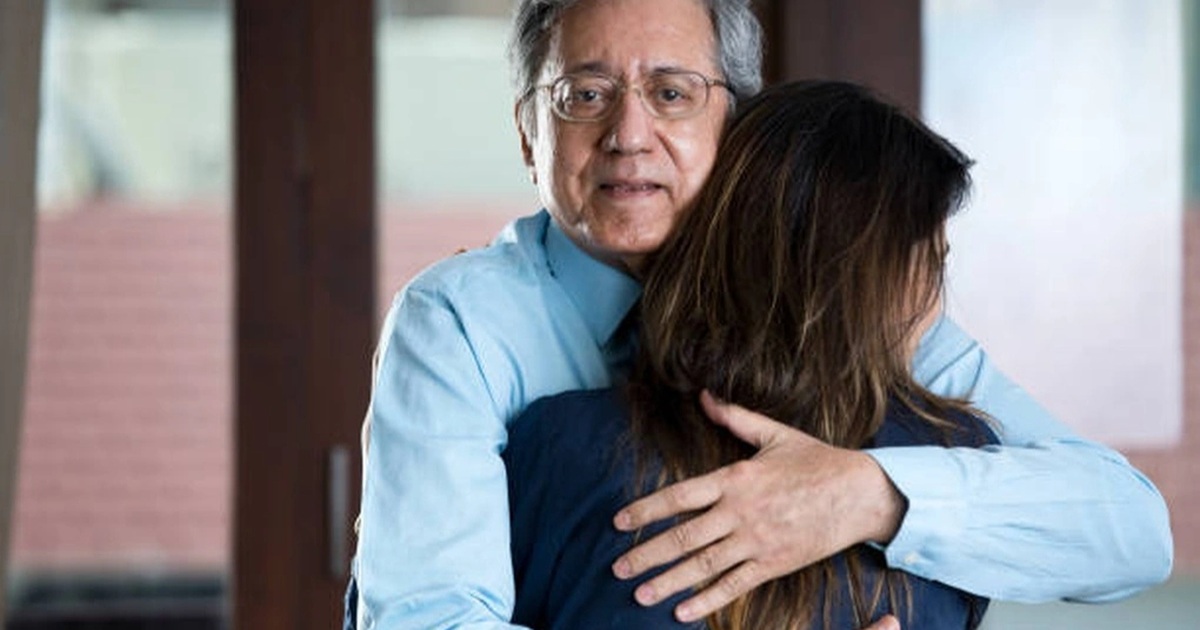

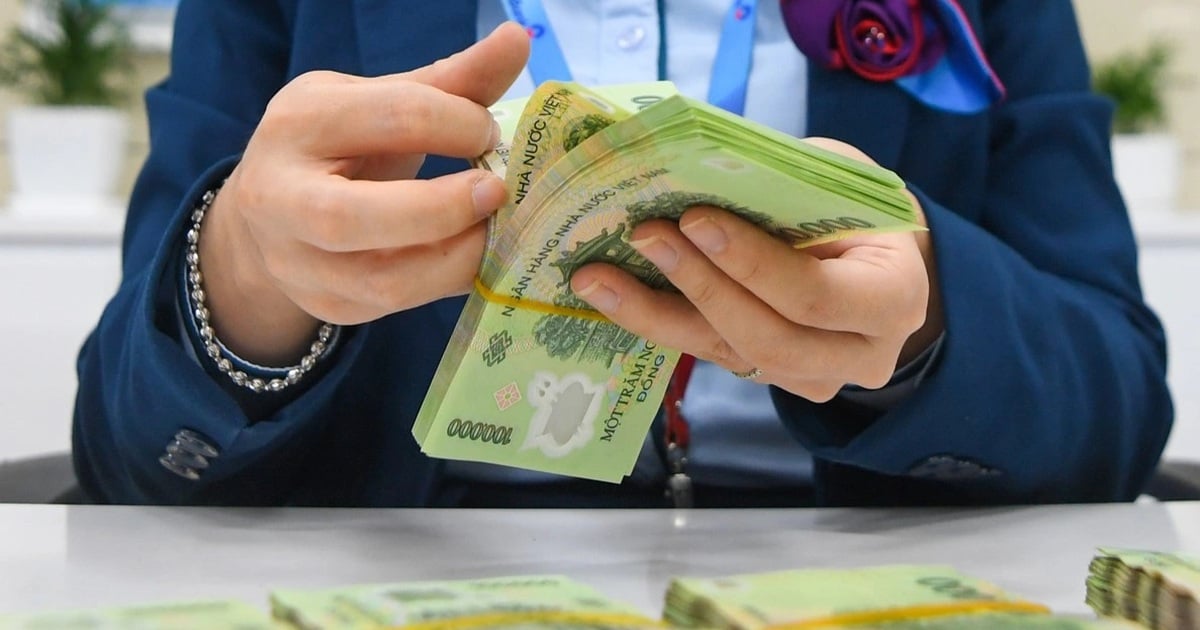
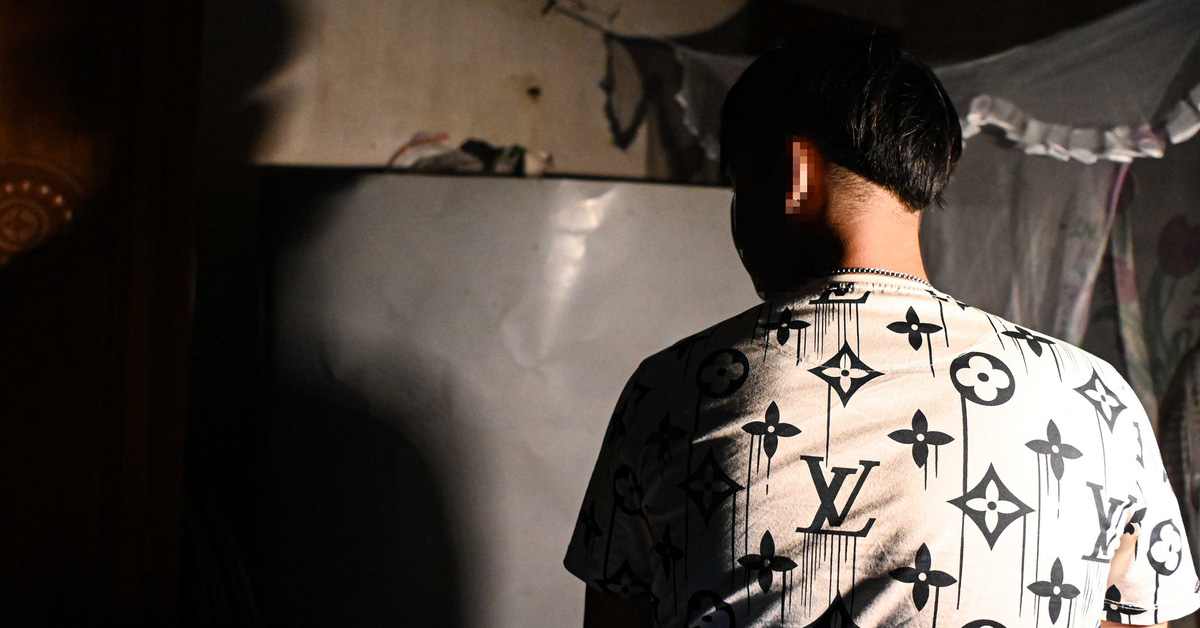


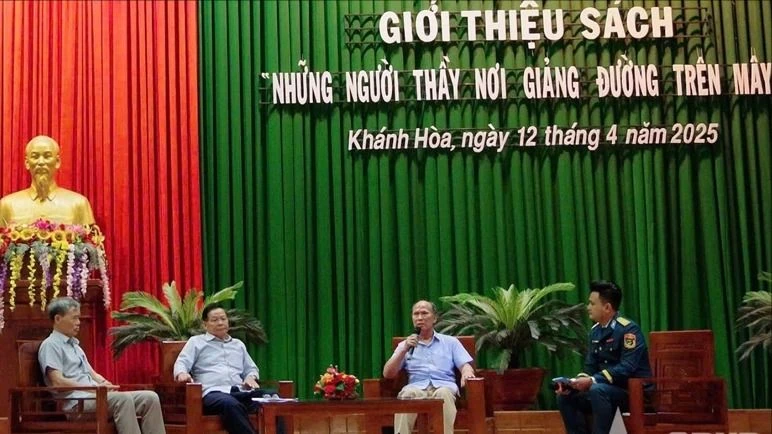
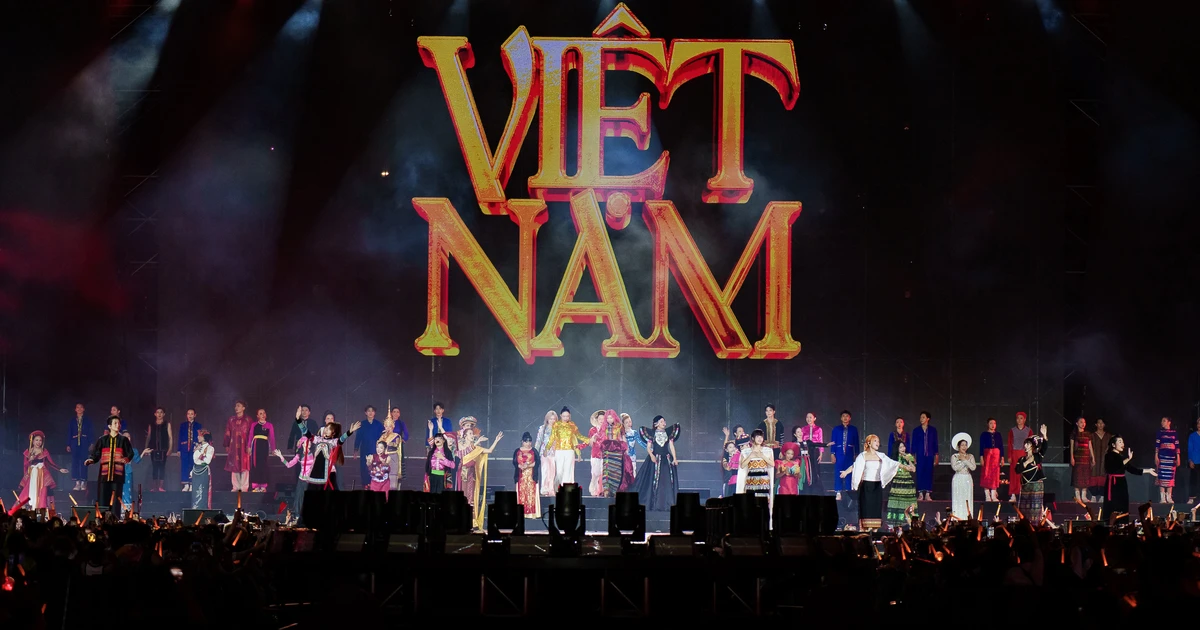
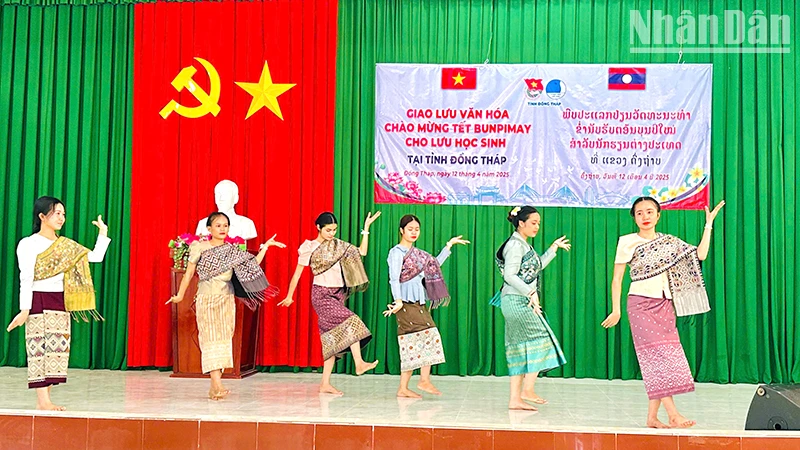


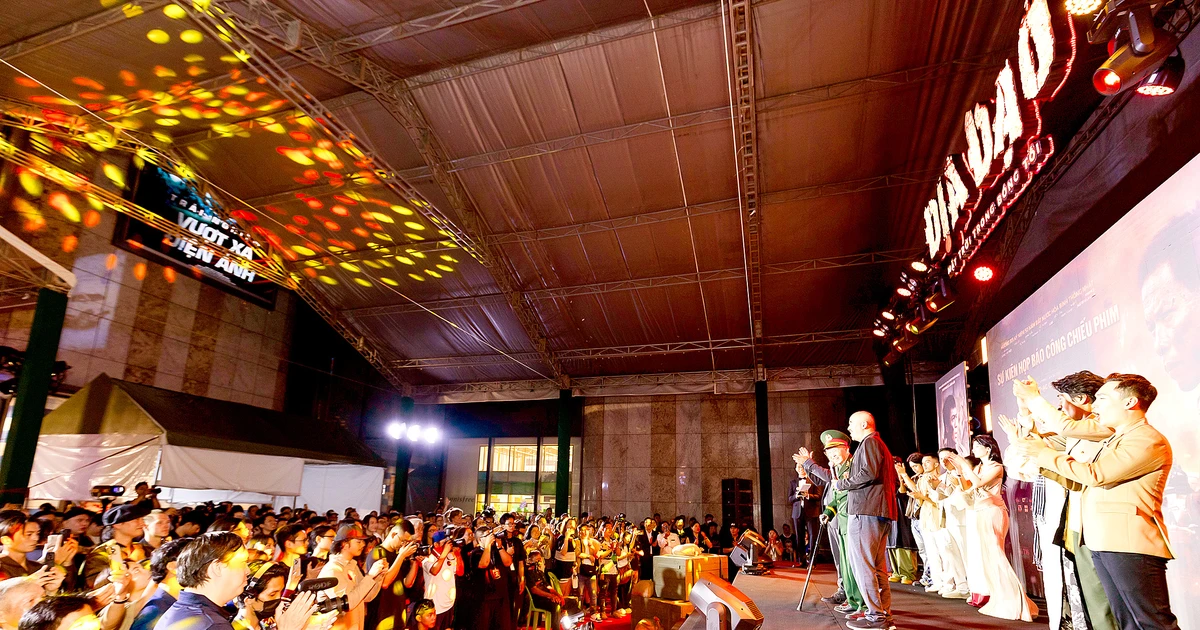





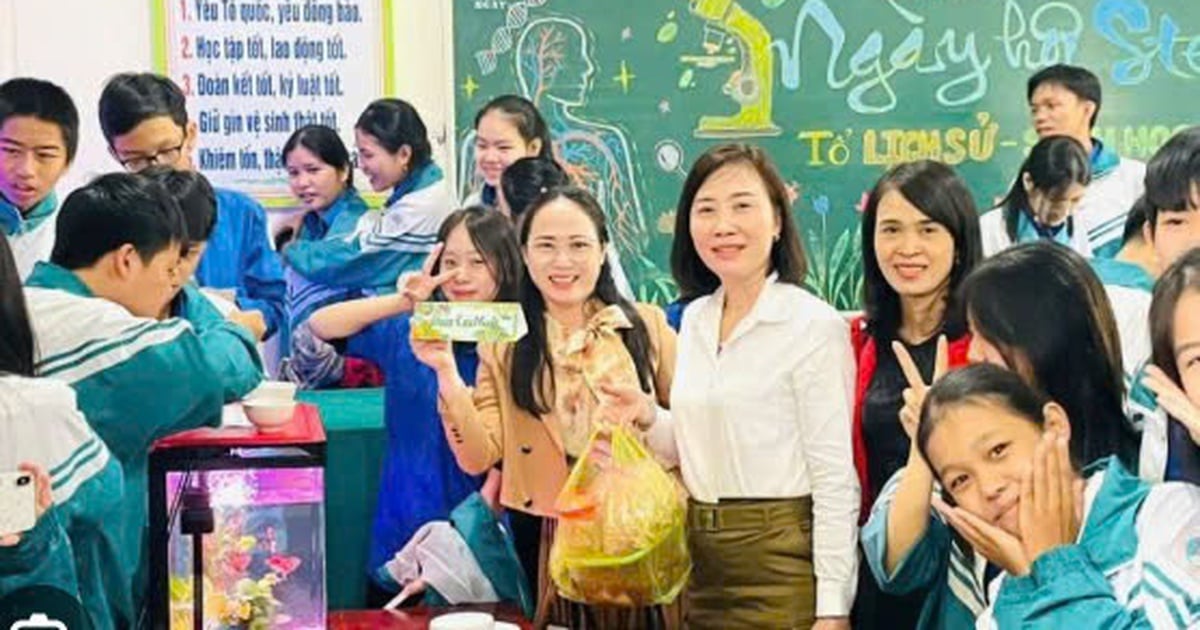
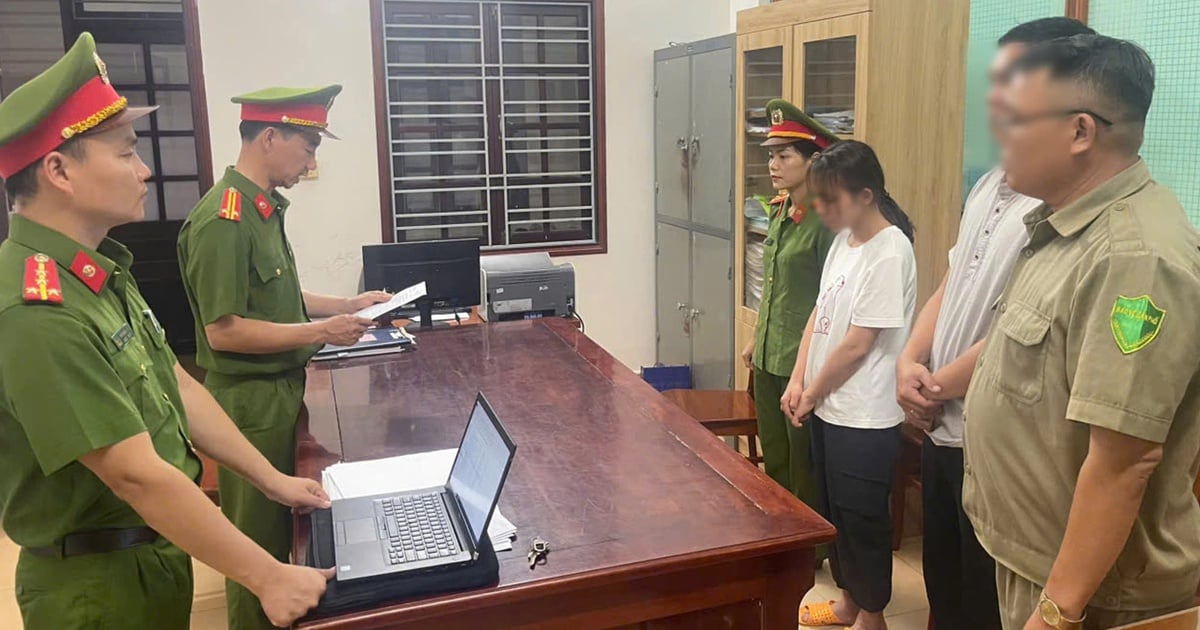


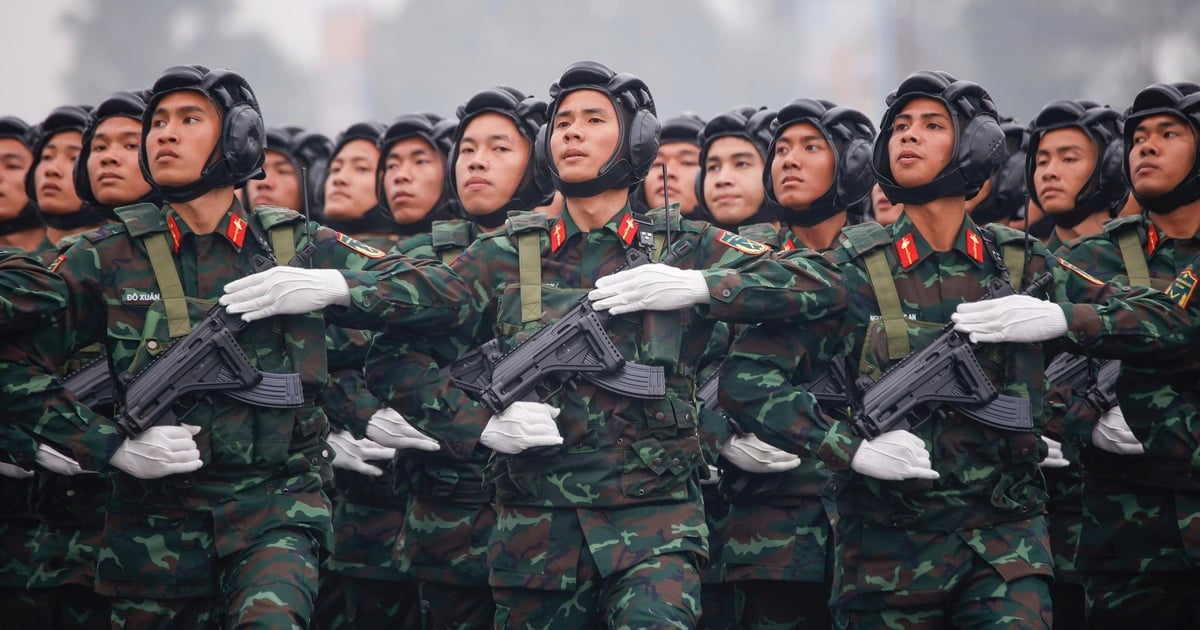
![[Photo] Overcoming all difficulties, speeding up construction progress of Hoa Binh Hydropower Plant Expansion Project](https://vstatic.vietnam.vn/vietnam/resource/IMAGE/2025/4/12/bff04b551e98484c84d74c8faa3526e0)













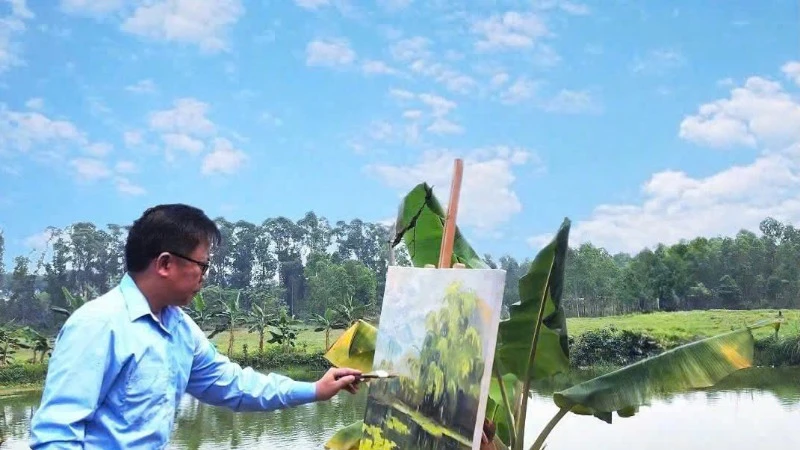













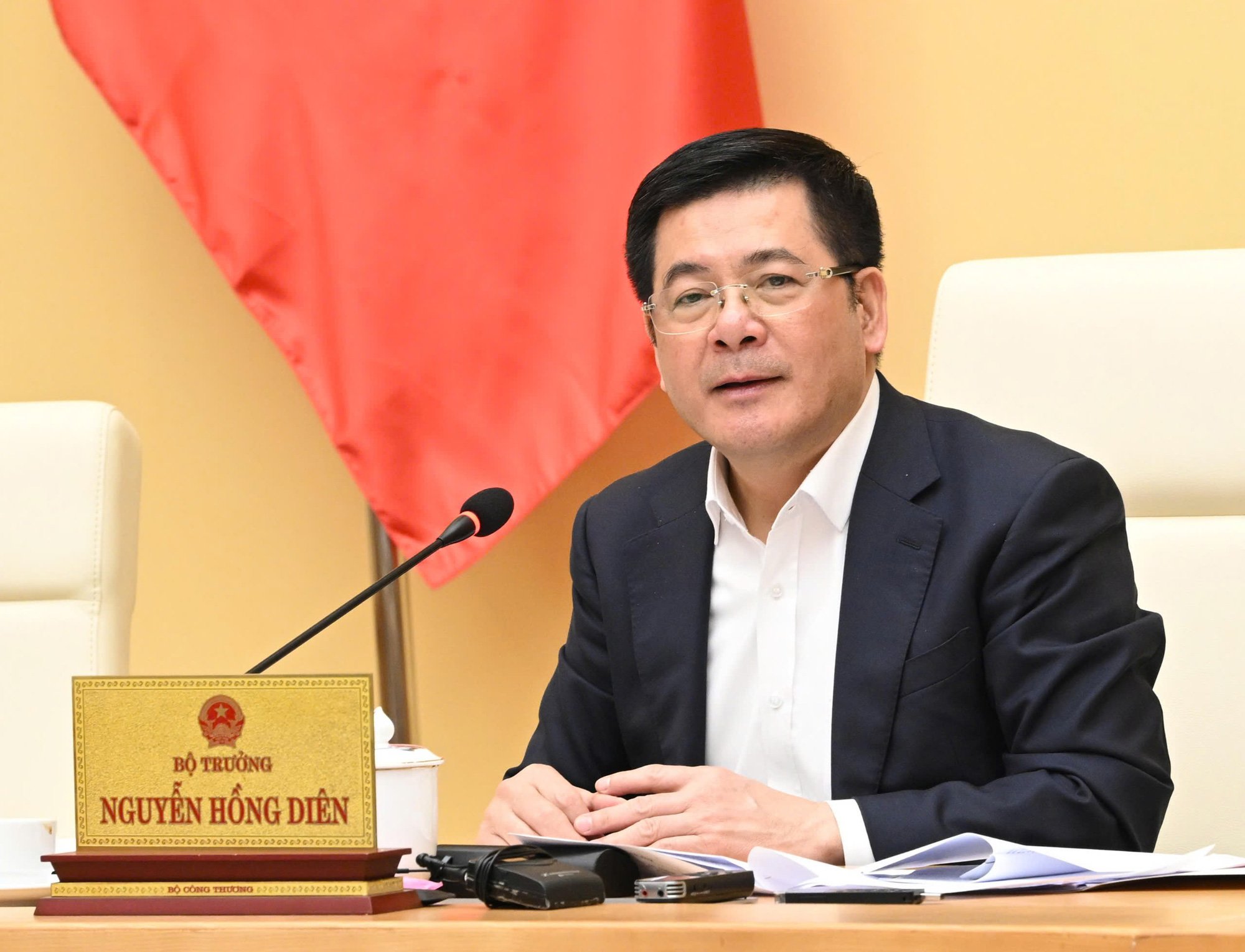
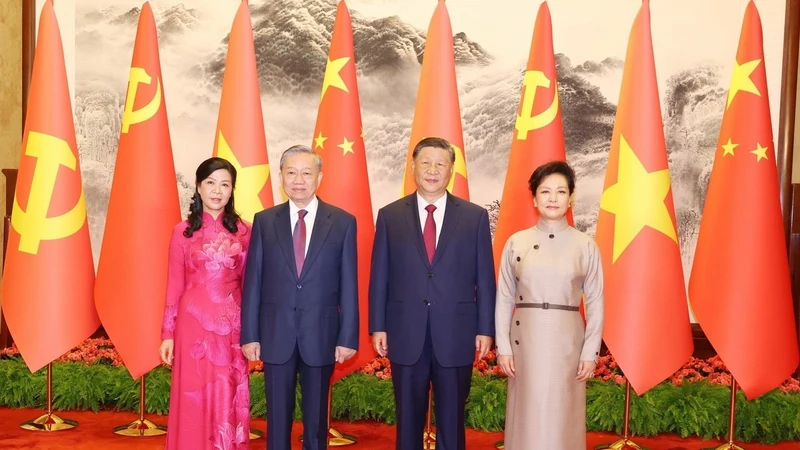









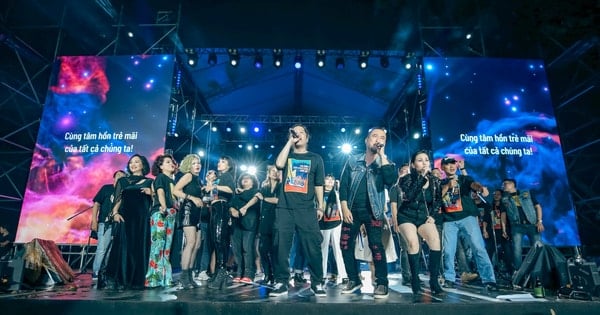

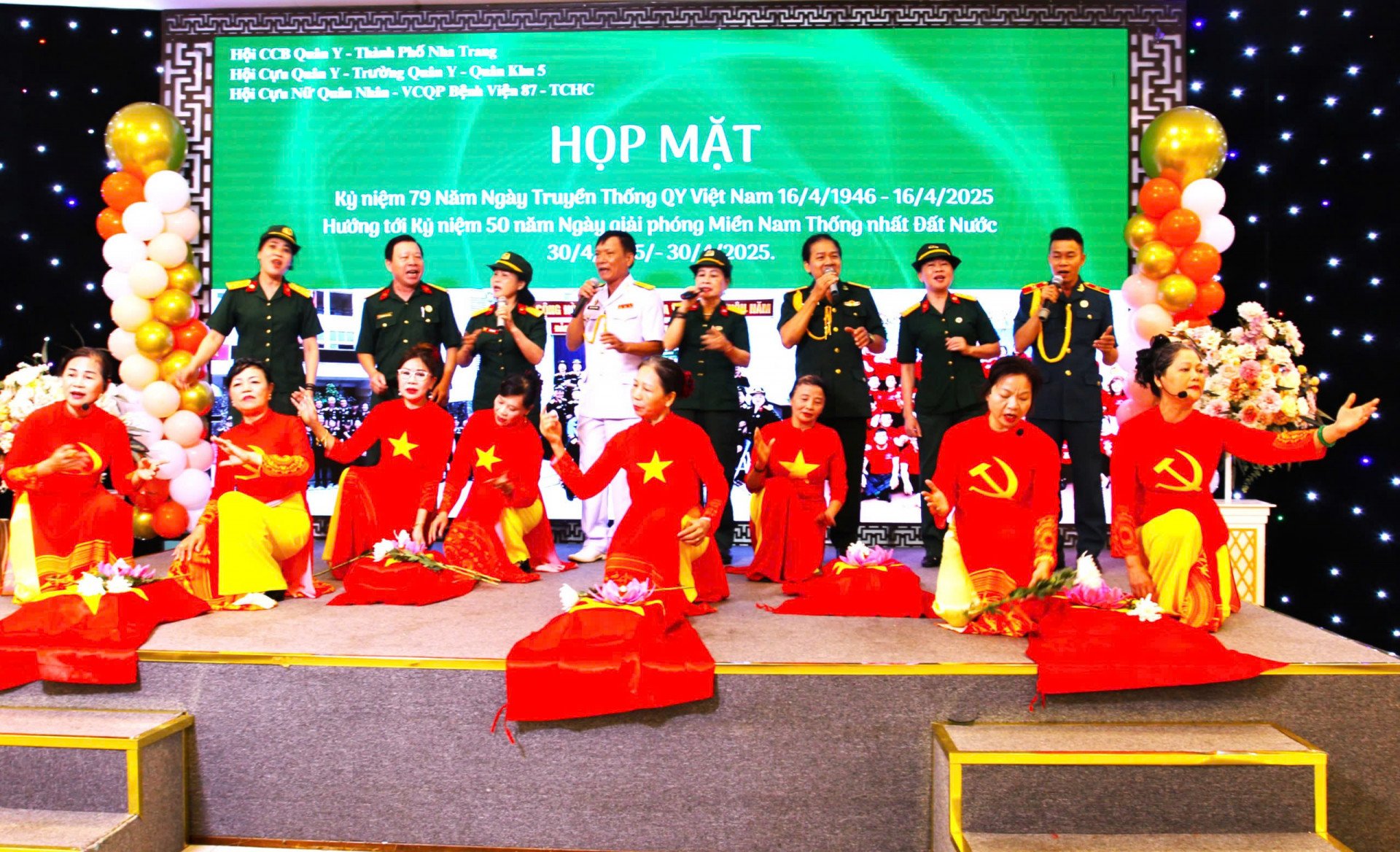

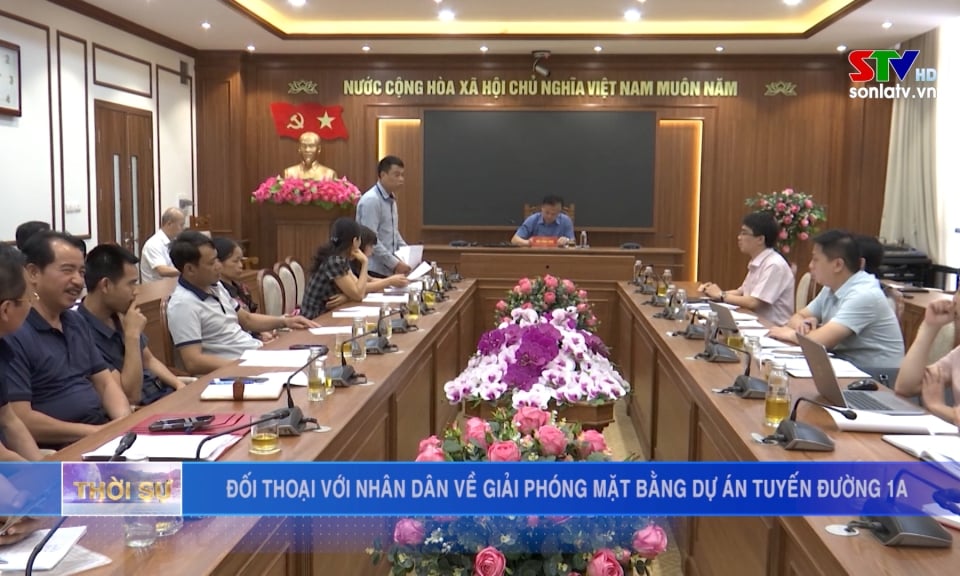
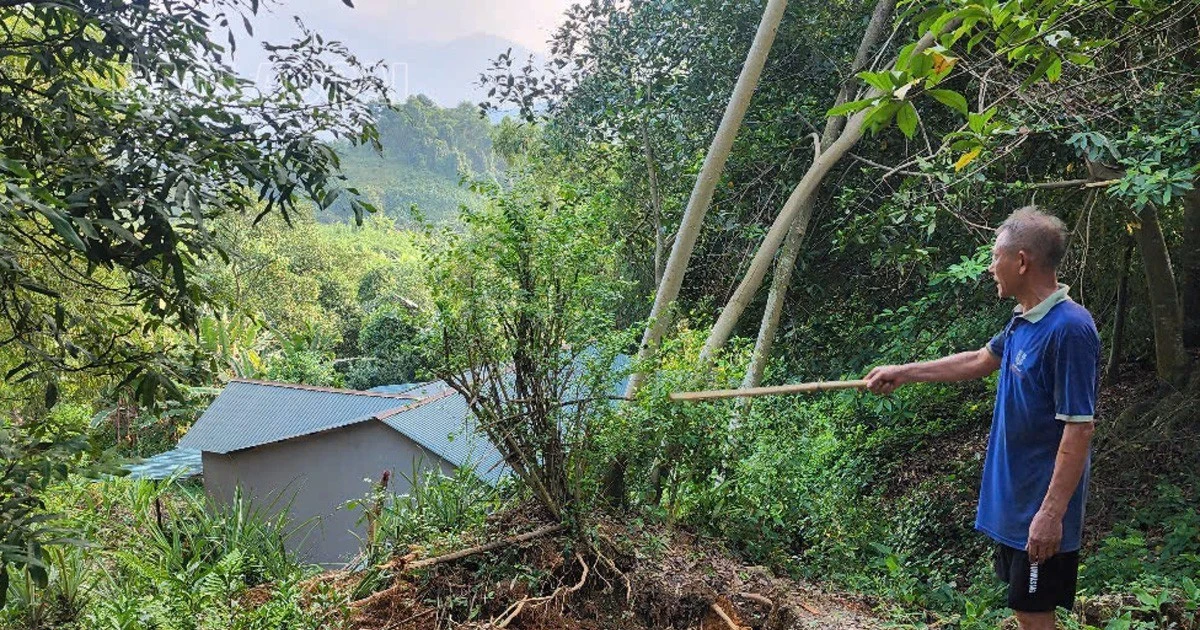

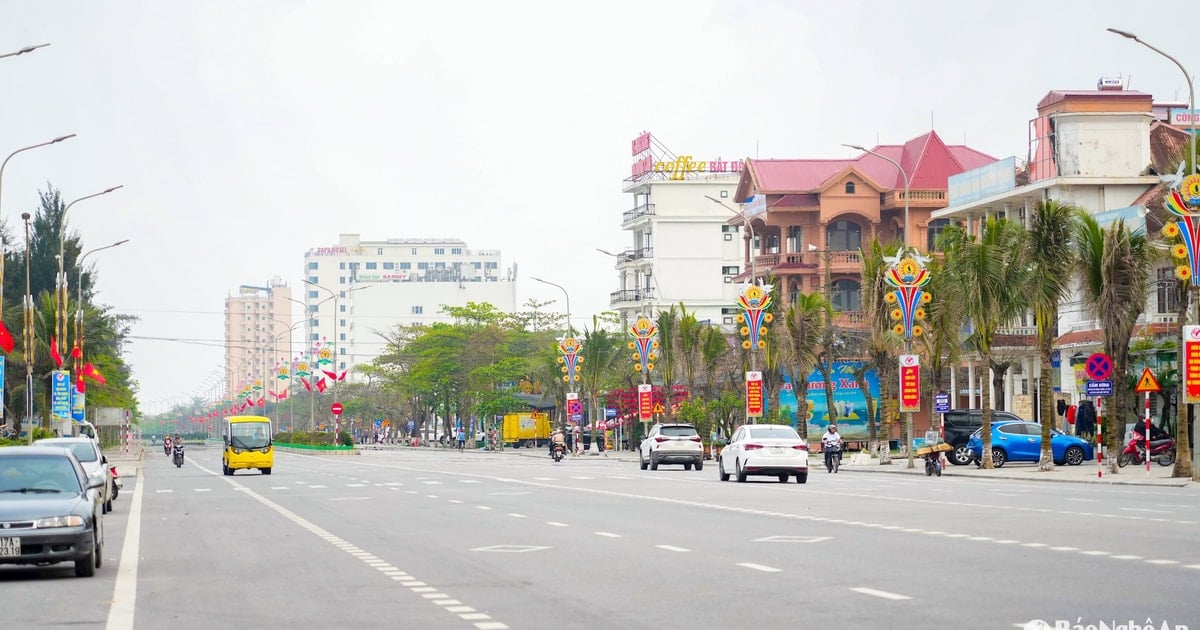

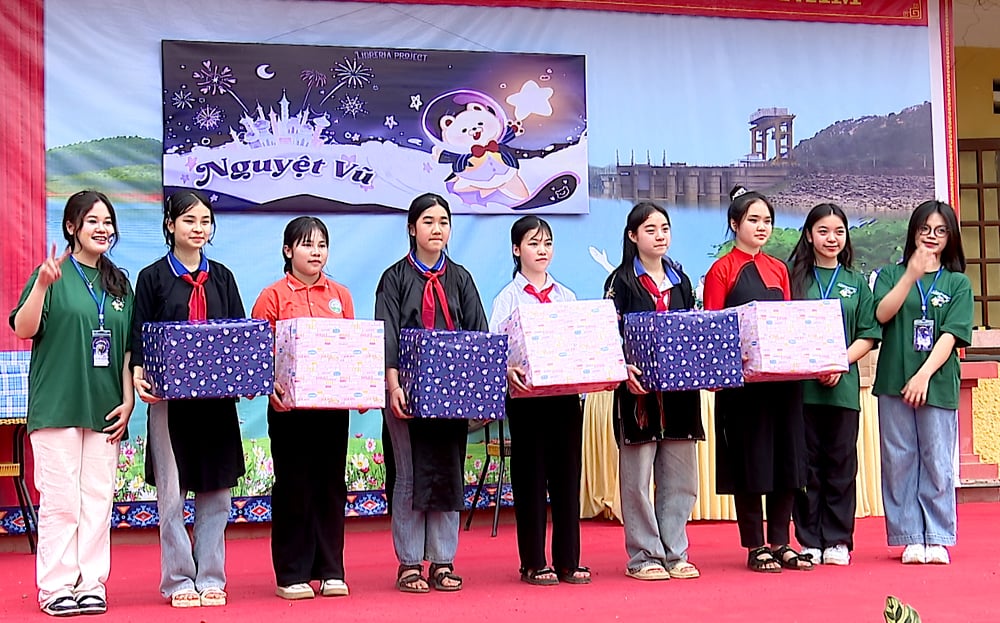










Comment (0)